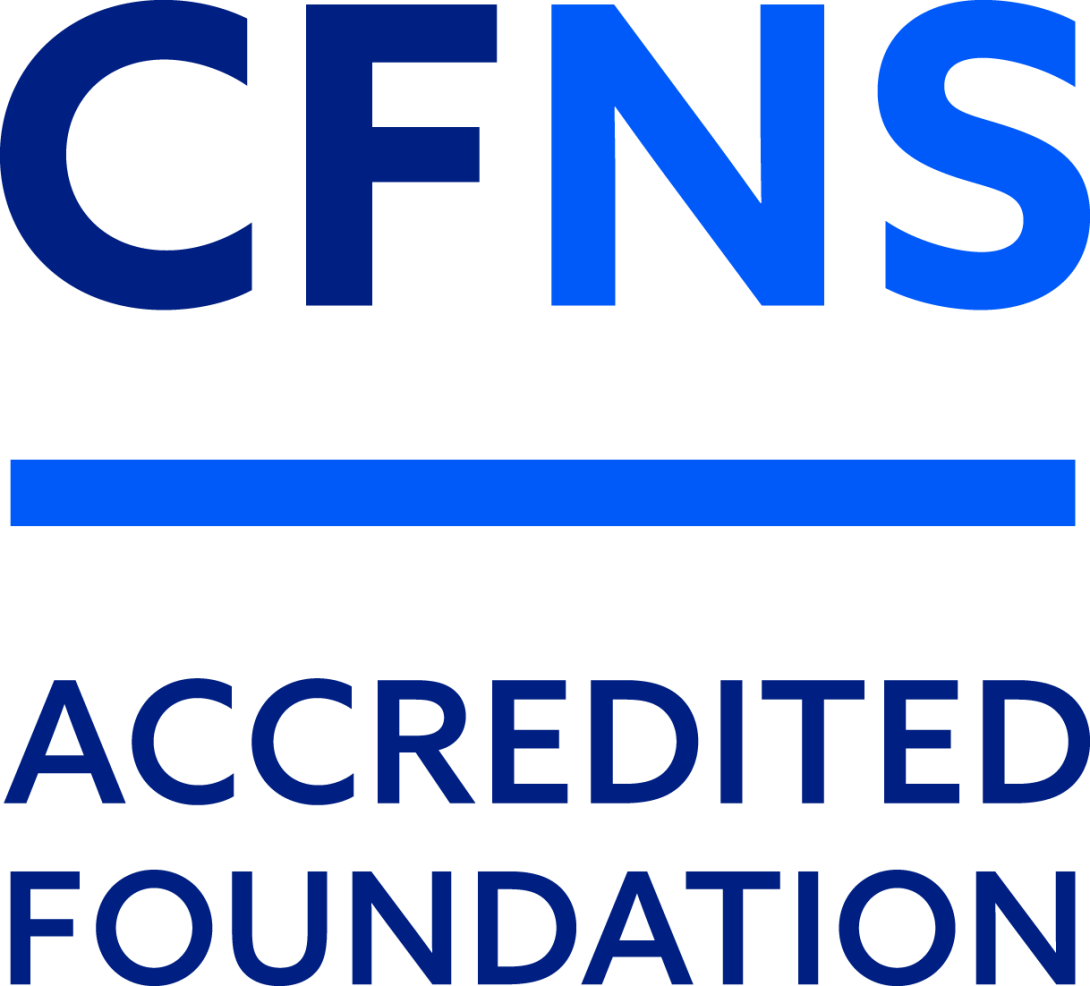Answering that question is actually the easy part. We could probably all align on something like “whole, healthy, reasonably happy human beings who enjoy economic stability and opportunity, with no one in our local community left out, within the next twenty years.” Why whole human beings? Because none of us would want to overlook any part of the socioeconomic problems puzzle. No one would want to house the homeless only to leave their mental health issues or dental needs unaddressed, or not address the needs of the homeless who happen to be blind or transgender.
No one would want to provide stellar pre-kindergarten education only to leave kids malnourished or living in food deserts, or with a parent unjustly serving an interminable pre-trial jail stay because they can’t afford bail, or with a mother enduring violence at the hands of a husband who suffers from post-Afghanistan PTSD.
Why everyone in the community? Because an injustice perpetrated against any one of us affects all of us. Because if we want some people left out, we should leave things as they are. There are plenty of people left behind as it is.
Why within twenty years? Because we have to fix everything that could negatively impact those children being born today over the course of their lives through high school. Because five years is too short and fifty years is too long. Because twenty years is daring, but not laughable.
How would you measure it? There’s no shortage of measurable things. For example, we would use important health indicators like Type 2 diabetes incidence, emergency room visits for suicide attempts, smoking rates, obesity rates, infant mortality rates, literacy rates, employment rates, average wages, graduation rates, homelessness mapping, recidivism rates, rates of youth incarceration, incidence of domestic violence, and so on—most of it is measurable.
There’s a saying carved on tchotchkes in gift shops that asks, “What would you do if you knew you couldn’t fail?” If we weren’t too timid to say it—if we knew we couldn’t fail—those of us working on social problems would probably say we want it all—we want whole, happy human beings and we want it in our lifetime.
So, let’s for the moment say that that’s what we’d say.”




